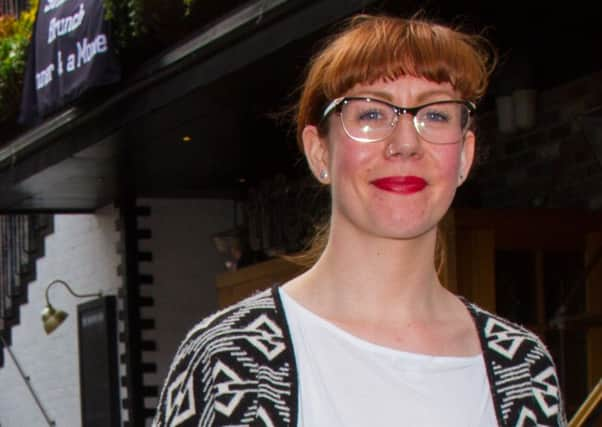Comment: Counting the votes, again


Last week’s Glasgow council by-elections brought us down to earth with a bump.
Turnout was rock-bottom, ranging from 21 per cent in Langside and Craigton to just 16 per cent in Calton and 14 per cent in Anderston/City.
Advertisement
Hide AdAdvertisement
Hide AdThink about that. Fewer than two in 10 people registered to vote actually voted to elect a local councillor whose responsibilities include education, housing and social care. What is going on?
Well, sadly, Scotland has the most concentrated local democracy in the whole of the EU.
In Glasgow we have one council for the entire city, only 10 per cent of local government revenue is from local taxation (the council tax), and across Scotland only one in 2,000 members of our electorate actually stands in local elections. In a nutshell, our local democracy isn’t local and isn’t democratic.
By contrast, look at countries such as Iceland.
It has a population of 300,000 — half that of Glasgow — yet it has 79 local authorities so decision-making is much closer to the people it affects.
Advertisement
Hide AdAdvertisement
Hide AdThose local authorities raise 92 per cent of their own revenue so they are more accountable to the people they serve. And the turnout in their elections? Above 80 per cent.
So how do we repair our faulty local democracy?
Let’s start by addressing the council tax freeze, backed by both the SNP and Labour, despite it being a local government responsibility.
Had Angela Merkel attempted this kind of interference in Germany she would have been in violation of her country’s constitution!
Council tax is regressive as in cash terms it is the better off who benefit the most, and the freeze is clearly having an impact on local services. A new deal on local government finance is essential.
Advertisement
Hide AdAdvertisement
Hide AdAnd let’s start by trusting local authorities to raise funds. This would give cities like ours all sorts of options.
Elsewhere it’s common for hotels to levy a small visitor charge to help fund tourism services. This could be weighted towards the luxury end of the market.
Whether you think it’s a good idea or not, it’s the sort of autonomy other cities take for granted.
If we genuinely want an engaged electorate, we need to give local communities power over decisions, and challenge what’s happening on our doorstep.
Advertisement
Hide AdAdvertisement
Hide AdZara Kitson is Co-convener of Glasgow Greens and is an MSP candidate for 2016.
Zara works for a national charity promoting LGBT equality and human rights.
She is an organiser of So Say Scotland, is elected to Women for Independence National Committee and has an MA in Public Policy from Glasgow University. She has previously fought election campaigns for the Scottish Greens in Dunfermline and Glasgow North East.